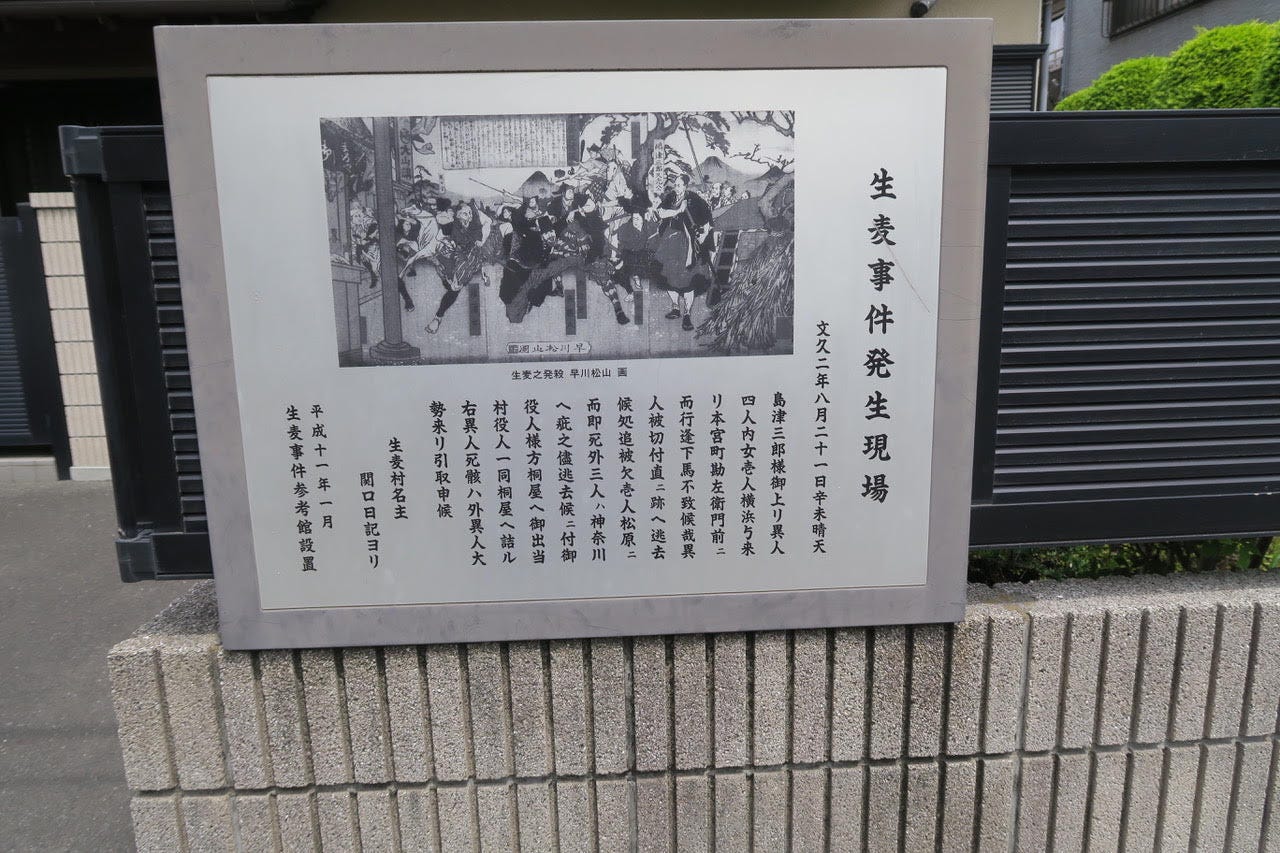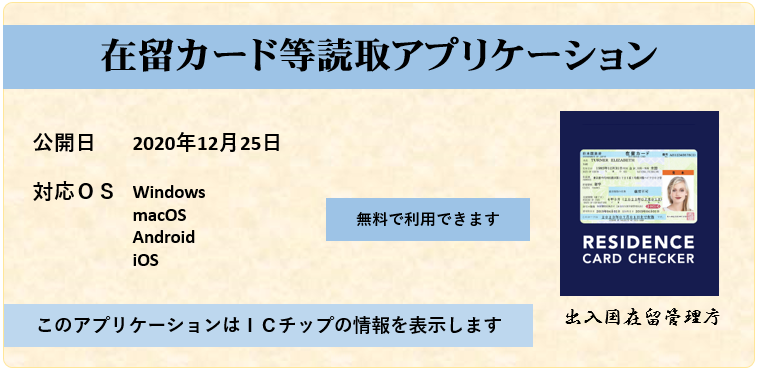mytest
Books, eBooks, and more from Debito Arudou, Ph.D. (click on icon):





![]()


UPDATES ON TWITTER: arudoudebito
DEBITO.ORG PODCASTS on iTunes, subscribe free
“LIKE” US on Facebook at http://www.facebook.com/debitoorg
https://www.facebook.com/embeddedrcsmJapan
http://www.facebook.com/handbookimmigrants
https://www.facebook.com/JapaneseOnlyTheBook
https://www.facebook.com/BookInAppropriate
If you like what you read and discuss on Debito.org, please consider helping us stop hackers and defray maintenance costs with a little donation via my webhoster:

All donations go towards website costs only. Thanks for your support!
Hi Blog. Emerging from my busiest semester ever plus a November election, I have a lot on my mind. And it’s about US politics, since that is the data set I’m working with these days. Here’s something you might find interesting about it. Thanks for reading as always. Debito Arudou, Ph.D.
=================================================
SNA VM 62: “Electing the Joker”
People still can’t believe Trump won again. Let’s consider how a shift in American popular culture favoring the villain over the hero might have legitimized it.
By Debito Arudou, Ph.D. Shingetsu News Agency, December 10, 2024
Courtesy https://shingetsunewsagency.com/2024/12/10/visible-minorities-electing-the-joker/
I read an inspiring column in the New York Times, “The Supervillain is the Hero Now” (Nov 23), by cultural critic A.O. Scott. It surprisingly offered me a plausible theory as to why Trump got re-elected.
Scott’s thesis was that popular culture and politics are linked, in that politics is downstream from culture. That is to say, metaphorically speaking, what condenses in the snowpack of a society’s culture is eventually reflected downstream in the meltwater of its politics.
Suffice it to say, America’s politics have shifted, where it seems that the bad guys triumph, there are no truth or consequences for any actions, and you can do anything as long as you win.
The cause is that American popular culture has justified it—over the past decades, according to Scott, the “villain” of a story is portrayed as the “hero.”
For those who still can’t wrap their head around how Trump won despite all the baggage, this column offers a cultural theory rooted in decades of attitude shift in favor of the bad guys. To the point where being bad has become a sales point.
TRACE THE ARC OF THE ELECTABLE VILLAIN
Let’s start with how villains are of course attracted to politics. In fact, it’s generally seen as part of the job description: people with no patience for politics see politicians as venal, self-serving, and corrupt crooks.
But historically, that in itself hasn’t made them electable. In popular culture, crooks were at least supposed to hide their criminal tendencies during election campaigns, and portray themselves as morally upright with a sense of public duty. But if they were caught with their hand in the till, popular culture served up justice: They lost office, stood trial, and got put behind bars.
As many have noted aloud, if you tried to sell a story of a candidate running for president with the slogan of, “I’m voting for the convicted felon,” no TV or movie producer would have bought it. It would have been too far-fetched and unrealistic.
Not any more. And that’s because we’ve gotten to the point of voting for even the most obvious, cartoony villains in popular culture.
This plot twist has been decades in the making. Consider, for example, in two 1966 episodes of the Adam West “Batman” TV series, cartoon villain The Penguin actually ran for Mayor of Gotham City, having gotten a substantial lead in the polls against the incumbent. Batman, naturally, had no choice but to run against him, and eventually won after The Penguin conveniently got caught showing his true colors as a criminal in public. Justice prevailed.
Now fast forward thirty years and consider the 1994 “Simpsons” episode where cartoon villain Sideshow Bob ran for Mayor of Springfield. What was interesting this time was how sophisticated the nomination process was. The local right-wing talk show radio host (styled after Rush Limbaugh) portrayed Bob (a felon convicted of attempted murder) as a victim of the justice system, got him pardoned, and had him run against (venal, self-serving, and corrupt) Mayor Quimby.
In this case, Bob won the election. Why? He had an ace up his sleeve: charisma. Being an entertainer, Bob approached public policy in an unserious way, making the audience laugh with physical comedy and antics. Being an outsider not behaving “like a politician” was his selling point. And, once elected, he used his mandate to take revenge against his enemies.
(Justice ultimately did yet prevail, but that’s because each Simpsons episode has to reset every week, Bob was again conveniently shown in public to have rigged the election, putting Quimby back in office.)
Nowadays things are different. Villains, even the cartoony ones, win the popularity contests for real. Reality shows such as “Survivor” (which does have elections at the end of every episode) routinely decide not to vote out the villains early (or at all; as of 2020, at least nine seasons have had the sociopathic contestant win—including the wildly successful first season).
This attitude has trickled downstream into real-life politics. Given that US Presidential elections are basically a season of Survivor that lasts for years, the American public has learned to accept, even celebrate, the villain as the hero now. To the point of now being electable not despite, but because they are villains.
TRUMP’S SURPRISING ADVANTAGES IN THIS NEW CULTURAL MILIEU
As Scott notes in his column, the “evil” villain has distinct advantages over the “good” hero. One is that standards of ethical behavior are looser for villains. We expect the “goody-goodies” to follow the rules and political norms to the letter. To the point where one presidential pardon by Joe Biden of his son Hunter (an act plenty of earlier presidents have similarly done) is somehow more outrageous than the huge list of other convicted felons (who have committed egregiously worse crimes than Hunter) pardoned by Trump in his first term.
The reason for this double standard, in my read, is that Biden didn’t adhere to our image of a hero, and villains can get away with more because they’re acting within our expectations of an villain. Being venal, self-serving, and corrupt is what they do, so the hero must do only good things in contrast. Or else there is no truth or justice, the whole system is bad, and we can believe in nothing.
Another advantage villains have is they are simply more interesting than heroes. We can actually live without a hero at the center of a story now. Whole series are devoted exclusively to the villain (two movies about “The Joker” alone since 2019), with immersive TV series that spend years developing classic villain backstories, either humanizing/justifying their character traits, or showing how both hero and villain are not that far apart (witness “Wicked,” “Maleficent”, “Gotham,” “Cruella,” or the multi-movie Star Wars arc about Darth Vader). Even the optimistic “Star Trek” universe is plumbing the lawless “Section 31” loophole, while “The Wire” or “Breaking Bad” have gone out of their way to make us root for the bad guy no matter how evil they become.
This fandom for the “anti-hero” probably started with “The Godfather” series (later rehashed in much more detail as “The Sopranos”), but back then I remember it being scandalous. Not any more. Nihilism is now normal.
The twist is that in a society like America’s that is addicted to entertainment, boredom is somehow worse than bad behavior. People need drama 24/7, and the villain is intrinsic to drama.
Finally, villains have an advantage when it comes to what’s considered “entertaining” with the accelerated media consumption of the Internet. Anything made public needs to be short (or risk being dismissed as “TL;dr”), easily digestible, viral, and optimally funny.
That means a Sideshow Bob-esque character like Trump, with all his loopy dances, puerile humor, and communal grievances, holds the aces in modern political debate. He can in turns, as Scott puts it, “enact both the babyface tropes of wounded innocence and flag-waving wholesomeness and the belligerent, transgressive, over-the-top rantings of the classic [villain],” as illustrated in professional wrestling matches. That comparison is insightful. Just watching wrestlers do their thing gets boring. We positively crave the backstories, slaps, chairs over the head, and bloodletting between a villain and a hero. And the bad-guy character often triumphs.
Trump knows all of this, as he is a huge fan of professional wrestling. And from decades of media events he has mastered holding your attention forever. As presidential historian Jon Meacham put it, “Trump doesn’t see America as a country. He sees it as an audience.”
That craving for drama at all times puts our public servants, especially those wanting to win a popularity contest, at an enormous disadvantage. Public policy, i.e., the ability to use the government to find solutions to collective problems, is actually pretty ho-hum stuff.
But it’s supposed to be. You want the complex planning, detail, and implementation to be as predictable (and undramatic) as possible, or resources get wasted, people get hurt, and government gets blamed for not doing a good job.
Yet if you’re a dry, serious, or complicated candidate or functionary, then boooooriiiiing. To win, you must now put an entertaining spin on policy minutia. Most people simply aren’t talented enough to do that, as it requires comedic timing, an economy of words, an effective use of visuals, and internet savvy.
That means the Class Clown who spent high school disrupting class making people laugh at their desks has a more electable skill set now than the Teacher’s Pet who spent all their years quietly studying and mastering complicated concepts.
Hyperbole? Contrast the tone and content of the Trump and Harris rallies. Which one is closer to the Class Clown? Which one is more televisable? Which one grabs more headlines? Which one brings back more repeat viewers, crowds, and ratings? “Are you not entertained?,” I’m expecting Trump to say someday.
DEMOCRACY FANS NEED TO GET READY
The point of this column is to point out a stone unturned in the political debate: How American culture itself has shifted against the “goody two-shoes” doing the right thing. In my view, the Democratic Party did everything they should have done as the Good Guys to appeal to the American public as they knew it. They lost in part because they just weren’t interesting enough to get out enough votes in their favor, or to stem the wave of voters dissatisfied with the status quo.
But there’s more, and here’s where the brain rot goes very deep: Voters who like sociopathy.
Trump is fortunate enough to be downstream of an American cultural snowmelt that has normalized and celebrated sociopaths as never before. The deluge of shows celebrating villains has created a permission structure for a cult of copycats who want bad because it is bad. The “bad fan,” as Scott puts it, is where “the most passionate members of the audience embrace what they are meant to condemn.”
For the echo-chambers of communities of “bad fans” who found each other via the Internet, what unites them is Trump’s villainy—it’s what they like best about him. The Democrats just aren’t villainous enough—and they better not be, or American democracy is doomed.
The problem is that this simply isn’t politics as usual, and what’s about to happen isn’t just contained within a movie or TV drama anymore. America is about to be run by villains, put there in part by “bad fans.”
I don’t think they know what they’re getting everyone into. Americans have never dealt with an authoritarian like Trump before. (Contrast with the South Koreans, who have, and voted down the recent attempt at a Martial-Law coup within hours.) Americans are convinced their democracy in America is invulnerable, that authoritarianism “couldn’t happen here.”
So they essentially elected The Joker on a whim and a lark. After all, he didn’t destroy American democracy last time around. What’s the worst he can do?
We’re about to find out, because here comes the kakistocracy. The Joker’s minions are much better organized this time, and Republican majorities in all three branches of government (including a Supreme Court that has unprecedentedly granted him immunity) means even less oversight. Something very wicked this way comes.
But the Americans who eventually find they aren’t entertained by all this won’t be able to walk out of the theater partway or change the channel. They’re stuck. The Joker is on them.
Hang on, everyone. It looks like America has to get the authoritarian disease before it comes up with a cure.
ENDS
======================
Do you like what you read on Debito.org? Want to help keep the archive active and support Debito.org’s activities? Please consider donating a little something. More details here. Or if you prefer something less complicated, just click on an advertisement below.


































 \
\

















